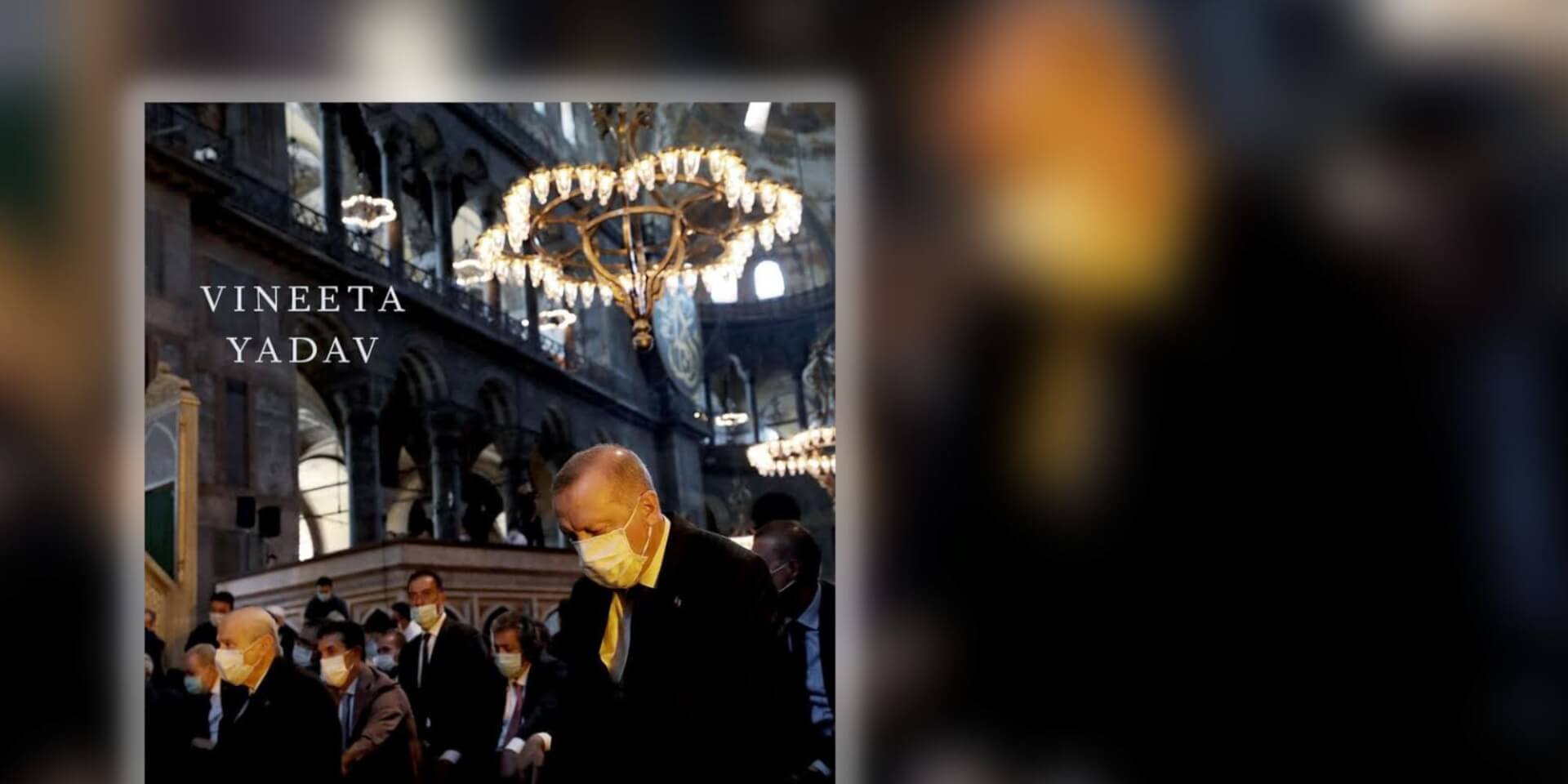
Vineeta Yadav’s exploration of the effect of religious parties on civil liberties earns her unanimous recognition from the 2022 Stein Rokkan Prize Jury, who commend its scope, originality and innovativeness and note its significant contribution to the comparative social science research.
Religious Parties and the Politics of Civil Liberties draws on large amounts of different types of data to answer crucial questions on the fate of civil liberties under religious governments in Muslim-majority countries. This data set forms a real contribution to the study of religious organization and parties as no map of such scope and breadth has existed before.
The book advances several fields of social science research: the study of political parties, in particular religious parties, the study of social movements and the study of interest groups.
The book will also be relevant for those interested in human rights and learning about the condition that led to their demise, as well as for democracy scholars – as it clearly showcases the tension in a liberal democracy that implements people’s preferences while striving to uphold a liberal conception of civil liberties.

“Stein Rokkan’s research on party formation, democratization and his inter-disciplinary approach to Comparative Politics have been an inspiration to generations of comparative scholars like myself. This book is very influenced by his inter-disciplinary approach to the study of Comparative Politics and I am very honoured to be recognized for it.
One of the most striking political phenomena of the last four decades has been the widespread emergence and success of religious parties in democracies and autocracies, across different faiths and in all regions of the world but particularly in Muslim-majority countries. My goal in this book was to go beyond the study of prominent individual country cases to identify the common incentives and constraints that influence the behaviours and choices of religious parties globally. To do this, I focussed on the impact that the emergence and success of religious parties have on civil liberties because the status of civil liberties goes to the heart of what separates a high-quality democracy from other regimes. Learning from and building on insights from Political Science, Economics and Sociology to address this question in this book has been a challenge, an education and a pleasure.”
“Religious Parties and the Politics of Civil Liberties is broad in its scope, original and innovative. It is theoretically ambitious, methodologically rigorous, and empirically rich. It constitutes a “very substantial and original contribution in comparative social science research”, exemplifying the virtues that the Stein Rokkan Prize is intended to honour.”
Associate Professor at Penn State University | Ph.D. Yale University 2007.
Professor Yadav’s research focuses on the comparative study of political parties, and business and religious interest-groups in developing countries and the consequences of their interactions for governance, policy outcomes and democracy. She has a special interest in South Asian politics. Her previous books include Political Parties, Business Groups and Corruption in Developing Countries (Oxford, 2011) which won the American Political Science Association’s 2013 Epstein Best Book award and the 2012 Alan Rosenthal Book award; Democracy, Electoral Systems, and Judicial Empowerment in Developing Countries (Michigan 2014) and The Politics of Corruption in Dictatorships (Cambridge 2016). Her work has been supported by the US National Science Foundation, the Azim Premji Foundation (India), and the McCourtney Institute of Democracy. She is currently working on projects analyzing the rise and consequences of populist parties in developing democracies, how politicians’ personal characteristics influence political outcomes using experiments and surveys on political elites, and the impact of elite characteristics and rebel governance on development using lab-in-the-field experiments.
With an overall ambition to explain why and how European party systems have institutionalized or collapsed, Party System Closure. Party Alliances, Government Alternatives, and Democracy in Europe, by Fernando Casal Bértoa and Zsolt Enyedi, offers a broad comparison of party systems, based on a comprehensive dataset covering 65 European party systems and 170 years of European history.
The authors have collected information on the ministerial composition of more than 1,000 governments in Europe from 1848 to 2019 which provides an excellent basis for exploring how party system closure relates to other party system features, such as the number of parties, the democratic age of a country or polarization. The authors also offer an impressive analysis of how competition and collaboration between parties influence the quality and the survival of democratic regimes.
The jury finds the book conceptually and methodologically innovative, impressive in its ambitions and exemplary in its comparative breadth and depth.
The Stein Rokkan Prize for Comparative Social Science Research is awarded every year to recognize a substantial and original contribution to the field, in memory of Stein Rokkan, who was a pioneer of comparative political and social science research, renowned for his ground-breaking work on the nation state and democracy. A brilliant researcher and a professor at the University of Bergen where he spent most of his career, Rokkan was also President of the International Social Science Council (ISSC), and one of the founders of the European Consortium for Political Research (ECPR). It is a joint prize by the International Science Council (ISC), the University of Bergen and the ECPR.